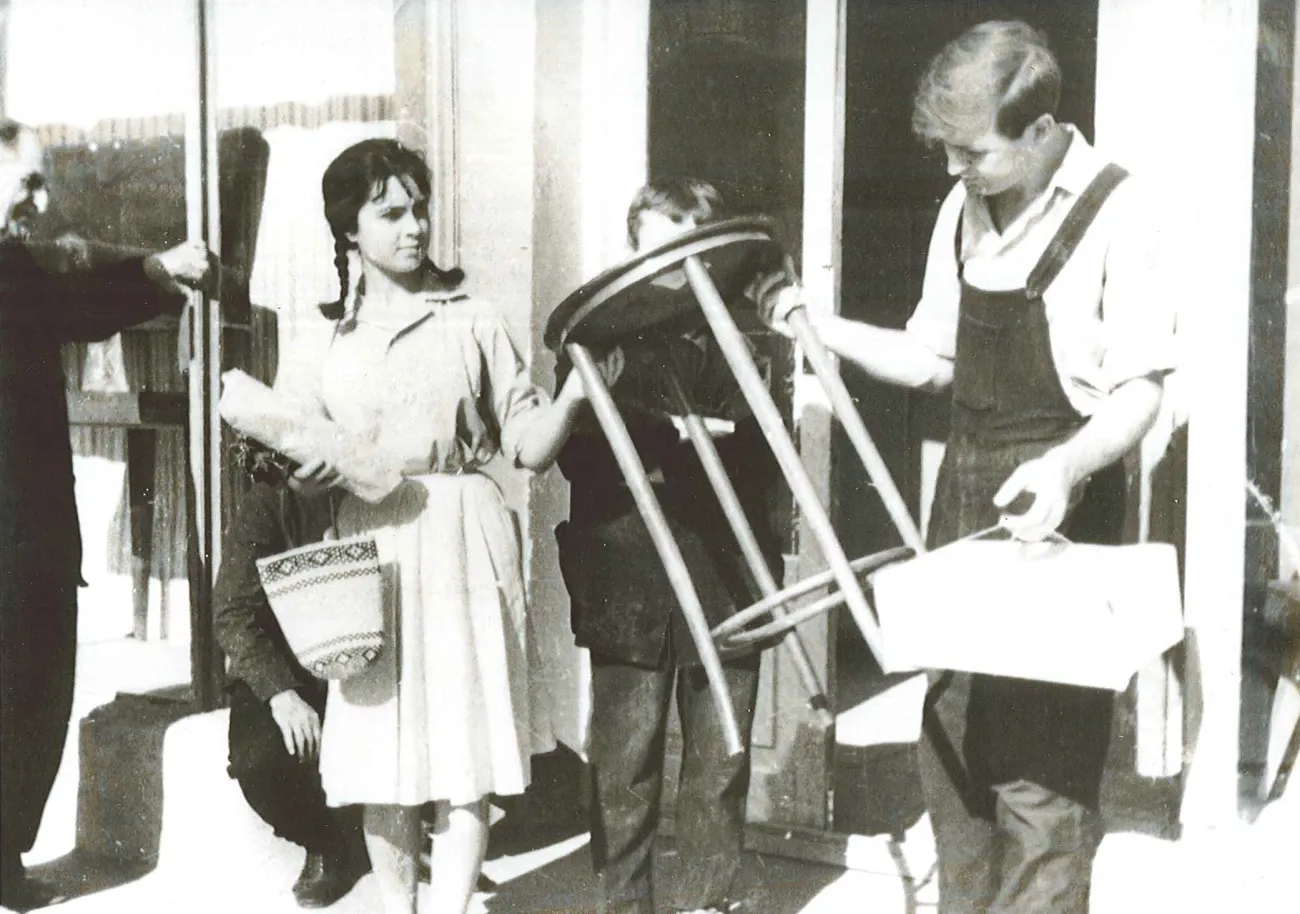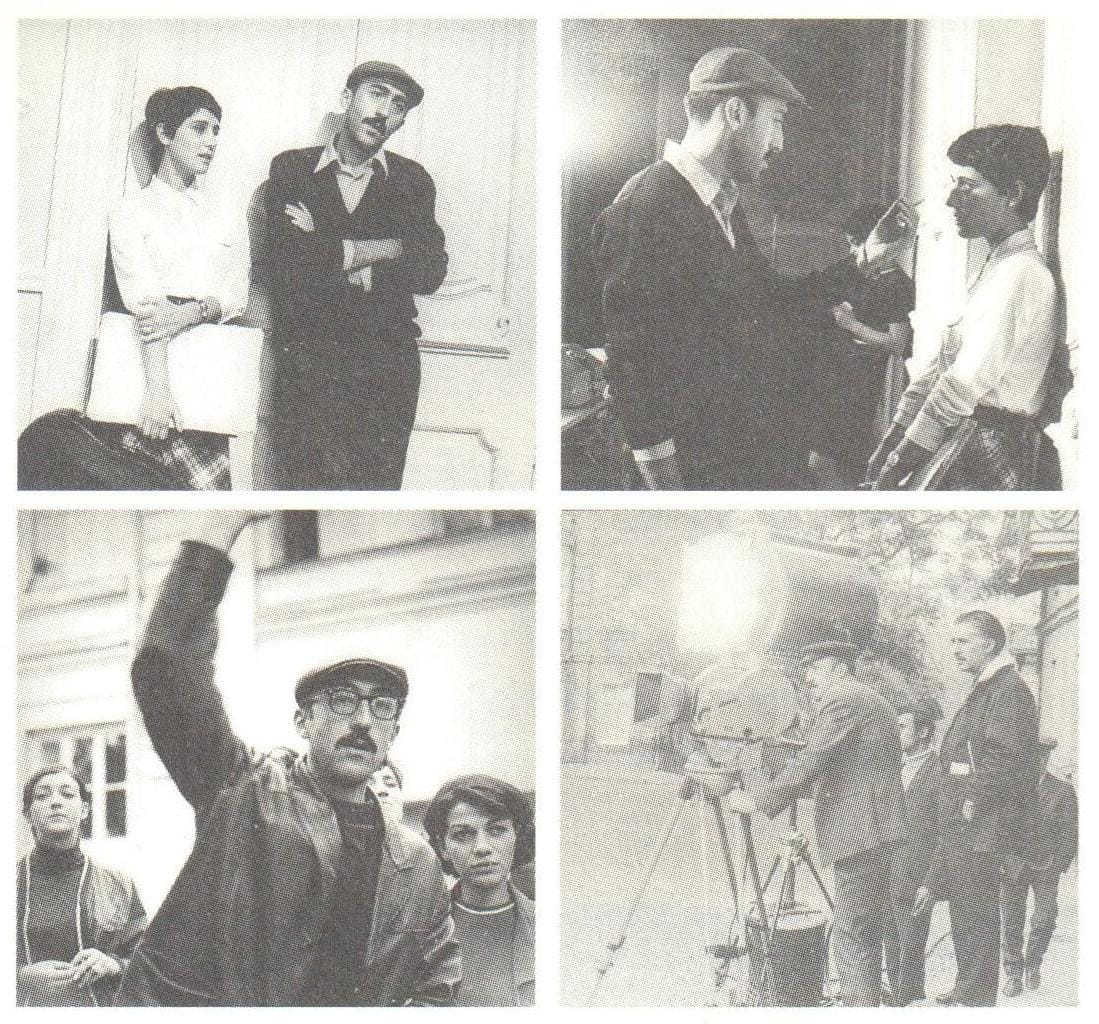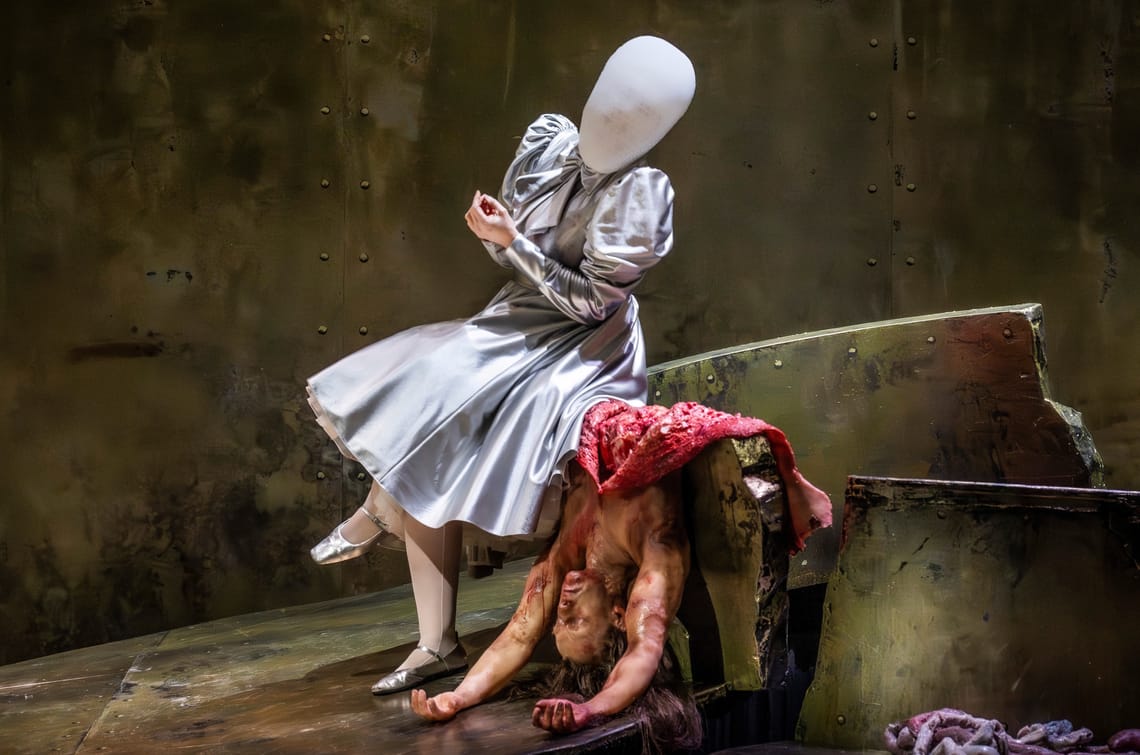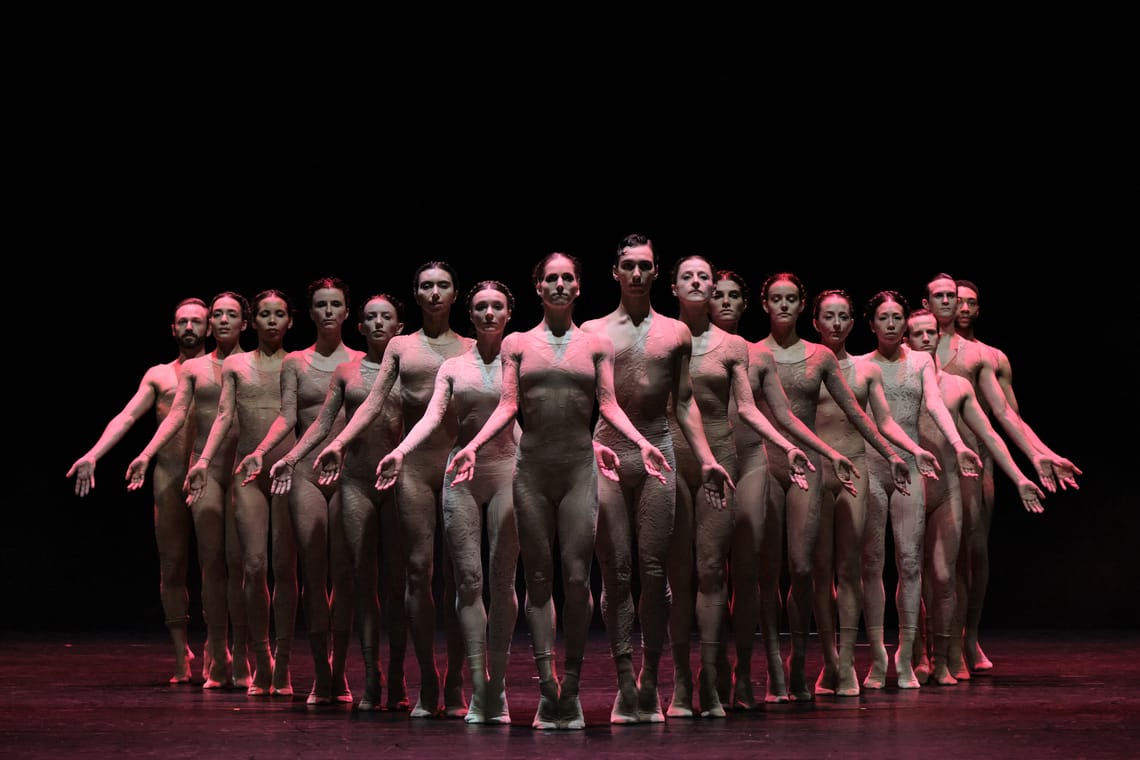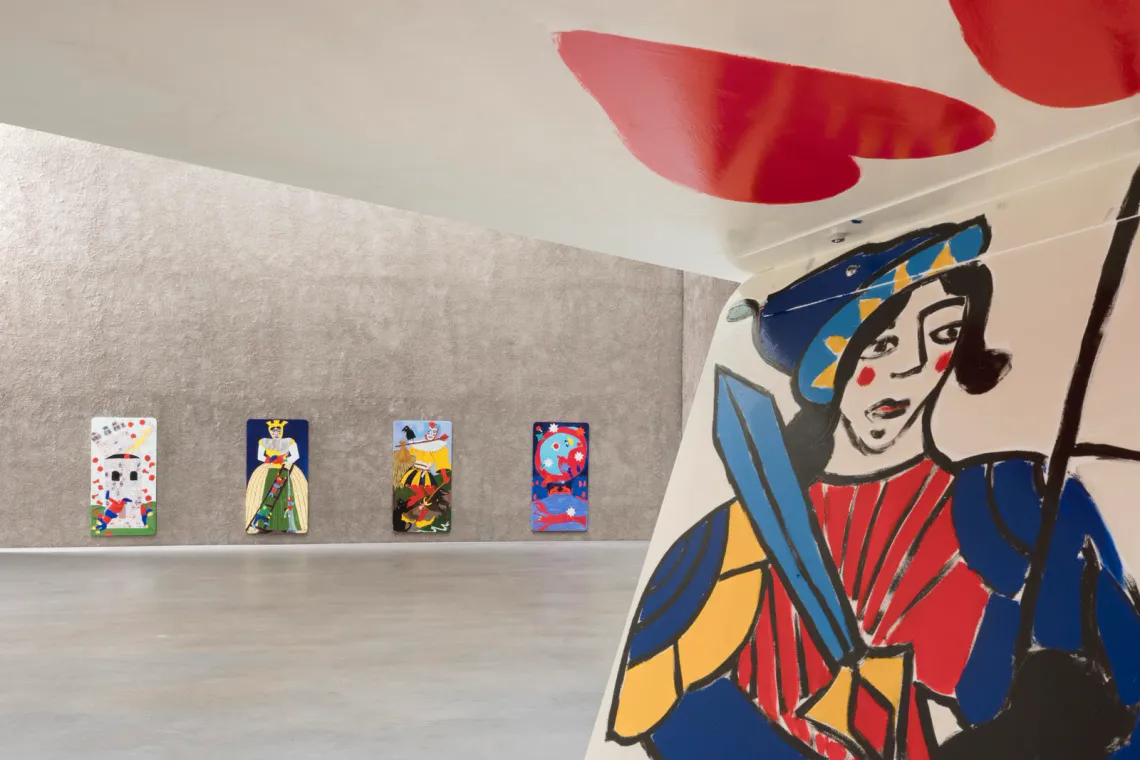Otar Iosseliani, a renowned Georgian filmmaker known for his unique storytelling and poetic style, was born in Tbilisi in 1934. His films overlooked moments of everyday life, tinged with a sense of humor and a wistful irony.
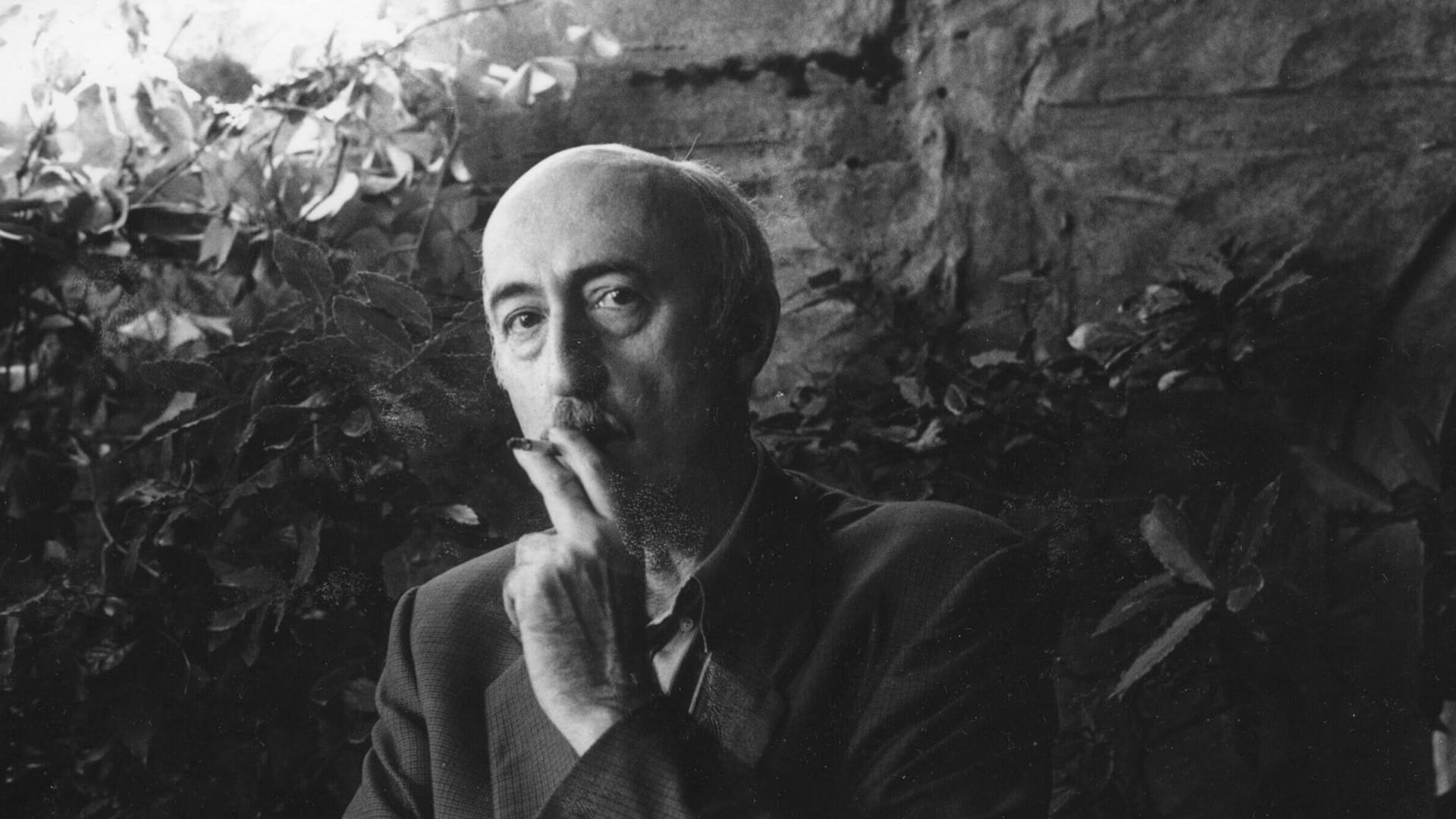
In the Soviet Union, his work was admired for its subtle critique of authority and its portrayal of a nuanced, colorful world. However, this very subtlety became a problem for Soviet authorities, who saw his art as quietly subversive. Iosseliani's films, while not overtly political, hinted at freedoms and perspectives that clashed with Soviet ideals, which led to increasing censorship. Frustrated with these restrictions, he moved to Paris in the early 1980s, where he found the creative freedom he was seeking. France welcomed him warmly, allowing him to continue creating his distinctive films, earning him international recognition.
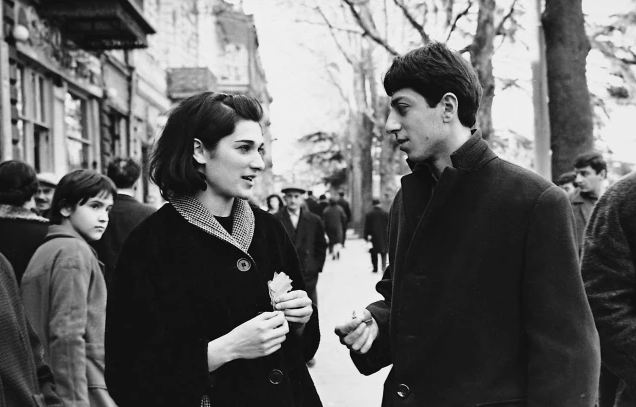
Today, his work is celebrated globally, including in Berlin. The *Babylon Berlin* movie theater, one of the city’s most beloved cinemas, is currently showcasing his films. Babylon Berlin is famous for its historical ambiance and its dedication to screening classic, independent, and international films that might otherwise be hard to find in mainstream cinemas. Built in 1929, the cinema has been a witness to Berlin’s own complex history, from the cultural scenes of the Weimar Republic to the city’s division during the Cold War. It stands today as a cultural landmark, deeply cherished by locals and visitors alike.
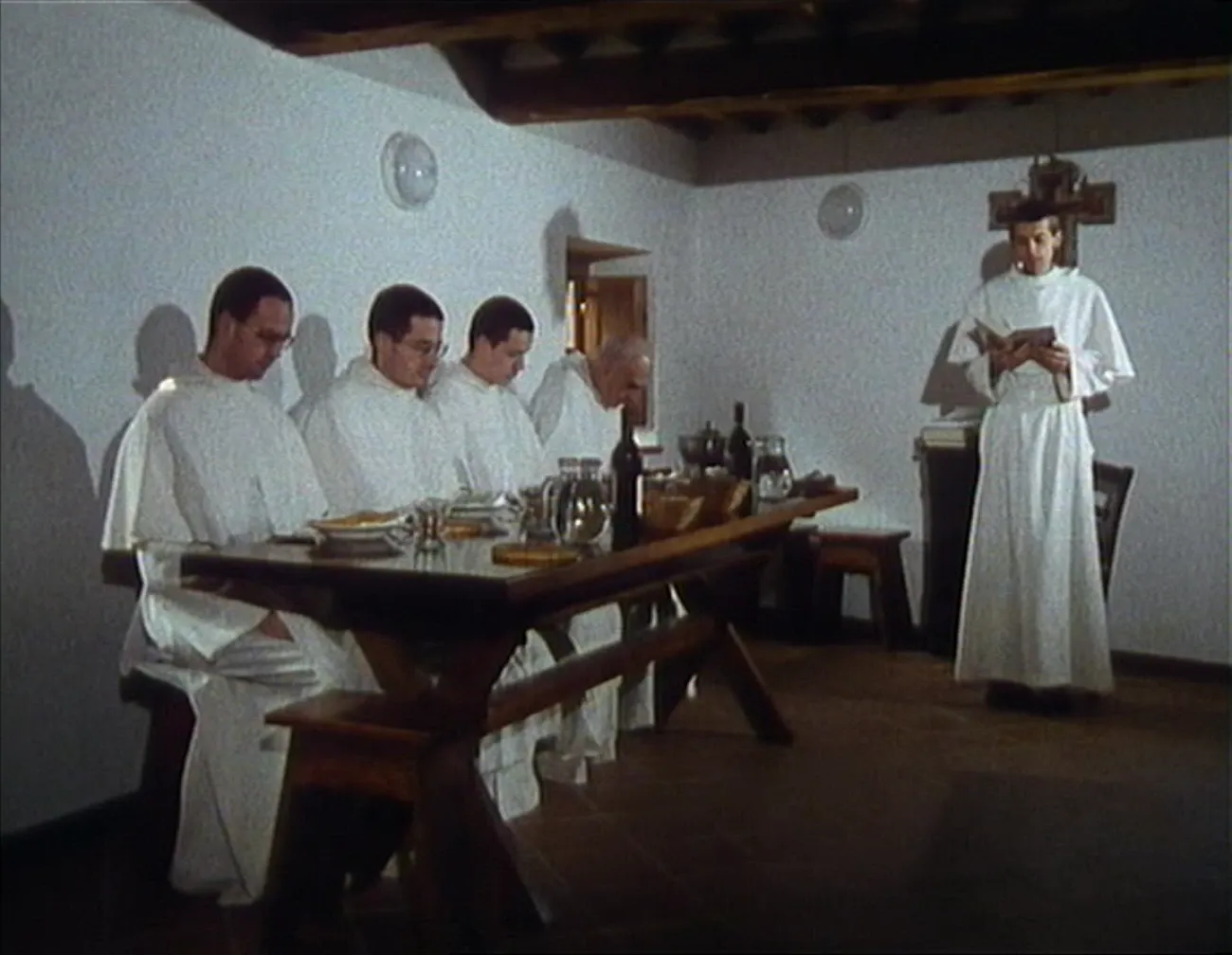
The Iosseliani retrospective at Babylon Berlin is a fitting tribute to an artist who, like the cinema itself, has navigated complex histories, finding ways to preserve and celebrate life’s delicate ironies.
